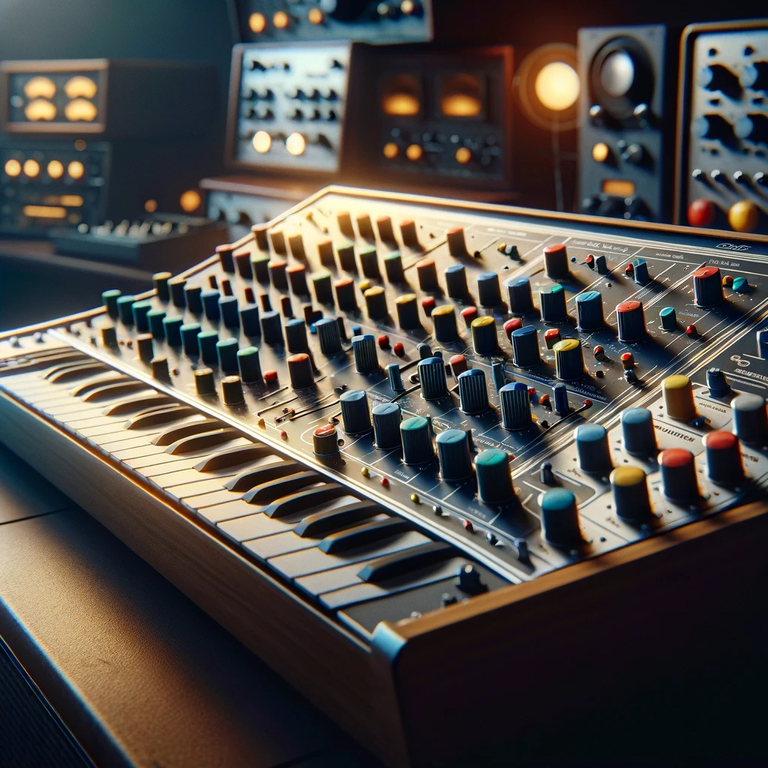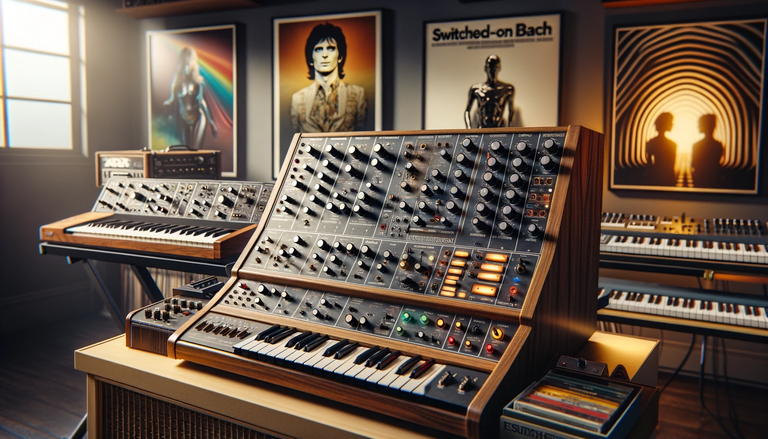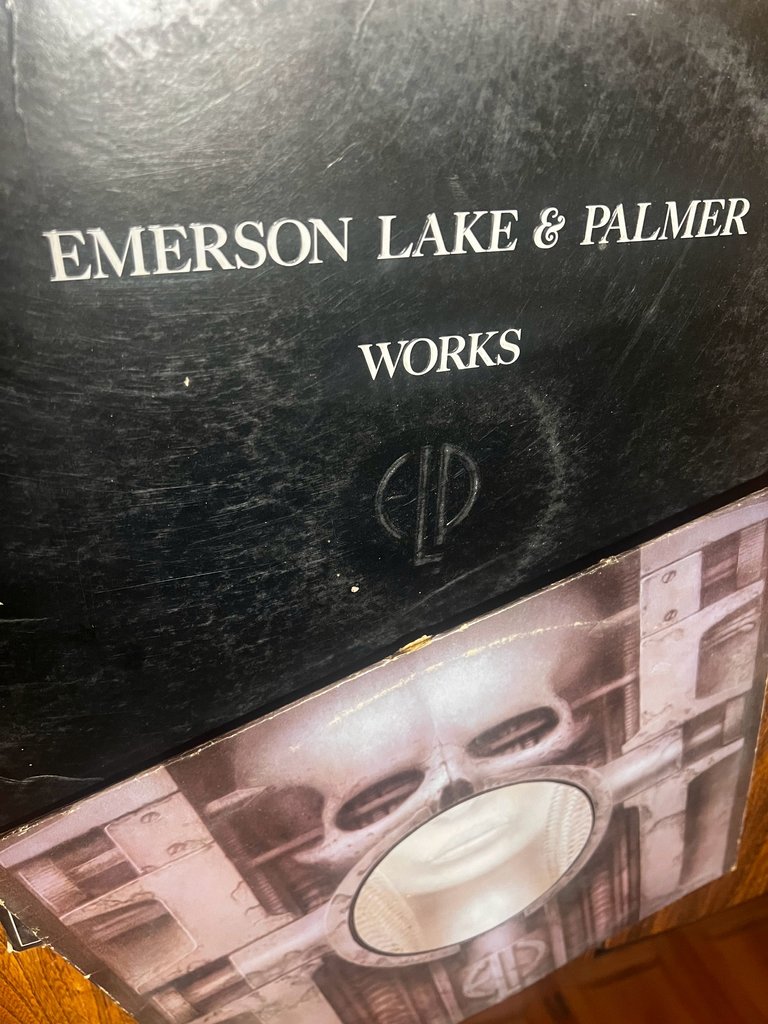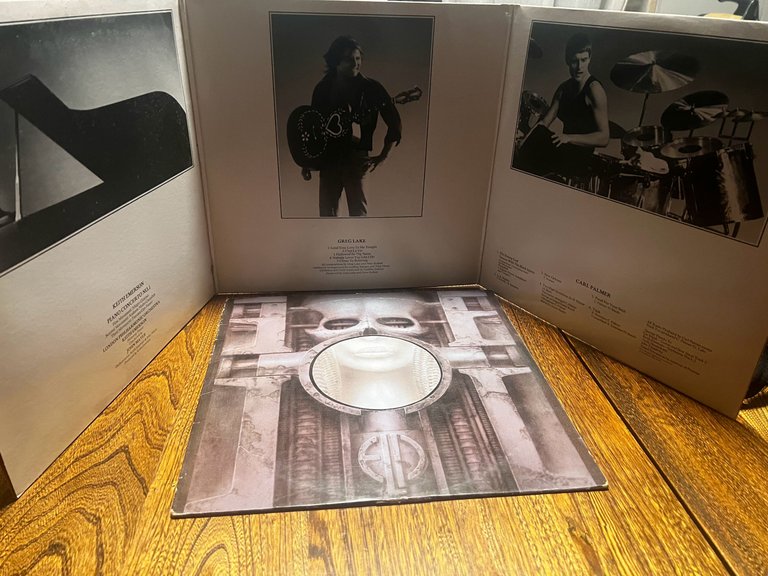Revolutionizing Sound: How Moog and ARP Synthesizers Shaped the Electronic Music Landscape
Electronic music, marked by its innovative use of electronic instruments and technology, has a rich history that intertwines with the early days of synthesizers. In the late 1960s and early 1970s, electronic music began to emerge as a distinctive genre, partly due to the development and availability of synthesizers like the Moog and ARP.

Moog and ARP Synthesizers

Moog: Developed by Robert Moog, the Moog synthesizer was one of the first widely used electronic musical instruments. Its introduction in the mid-1960s marked a significant moment in music history. The Moog synthesizer was known for its rich, warm tones and was a favorite among musicians for its ability to create unique sounds that were previously unattainable.
ARP: Another key player in the synthesizer scene was ARP Instruments, founded by Alan R. Pearlman. ARP synthesizers, notably the ARP Odyssey and ARP 2600, were revered for their portability, flexibility, and distinct sound. They became a staple in various music genres, from progressive rock to electronic music.
Pioneers of Electronic Music
Gary Numan and Tubeway Army
Gary Numan, with his band Tubeway Army, was a pioneer in popularizing electronic music in the late 1970s. His use of synthesizers and electronic sounds in hits like "Are 'Friends' Electric?" and "Cars" brought a new, synth-driven sound to the mainstream, blending new wave with electronic music.
Emerson, Lake & Palmer (ELP)

This progressive rock group, formed in 1970, was known for their fusion of rock, classical, and jazz influences. Keith Emerson, the keyboardist, extensively used the Moog synthesizer, bringing its sound to a broader audience. Emerson's virtuosic playing showcased the synthesizer's capabilities, moving it from a background instrument to a central voice in music.

Switched-On Bach
Released in 1968, this album by Wendy Carlos was a groundbreaking record that featured classical music pieces by Johann Sebastian Bach, performed entirely on a Moog synthesizer. "Switched-On Bach" was a monumental achievement in demonstrating the versatility and musical potential of synthesizers. It played a significant role in bringing electronic music into public consciousness and won three Grammy Awards.
These early synthesizers and the artists who embraced them were instrumental in shaping the sound and direction of electronic music. They opened up a new realm of sonic possibilities, laying the foundation for numerous electronic genres and subgenres that would emerge in the following decades. The legacy of these early days is still evident in modern electronic music, which continues to evolve and find new ways to incorporate technological advancements in music production and sound design.
I have never really been a synth guy, but the technology fascinates me. It's come a long way as you can now emulate a lot of the old gear in software. That's not quite the same as having physical knobs to twiddle.
Back in the day, I loved, listening to some of the bands you synthesizer, although some used way too much, and it became very electric.  it was a great way for some of the bands to add violin to their music. Now the old Moog and Arp synthesizers fetch incredible money The tech fascinates me as well
I remember some saying that conventional instruments would be redundant, but that never happened. Good musicians are still in demand.
Absolutely!
Tomorrow’s blog has an album I believe you will appreciate. One of my favourites but I haven’t been able to find any streams of it. I only have one copy and haven’t come across another. I’ll keep you in suspense till tomorrow 😉